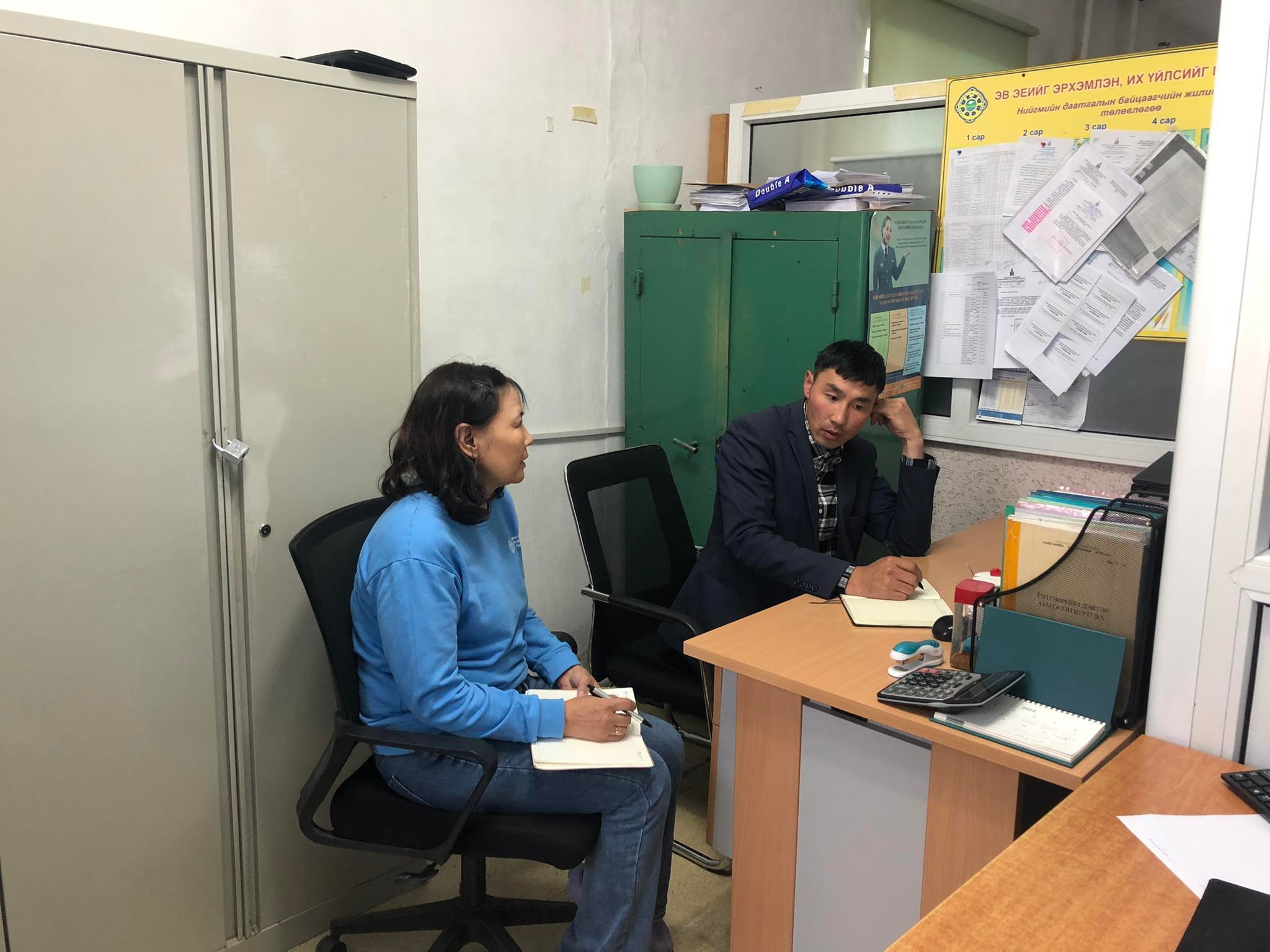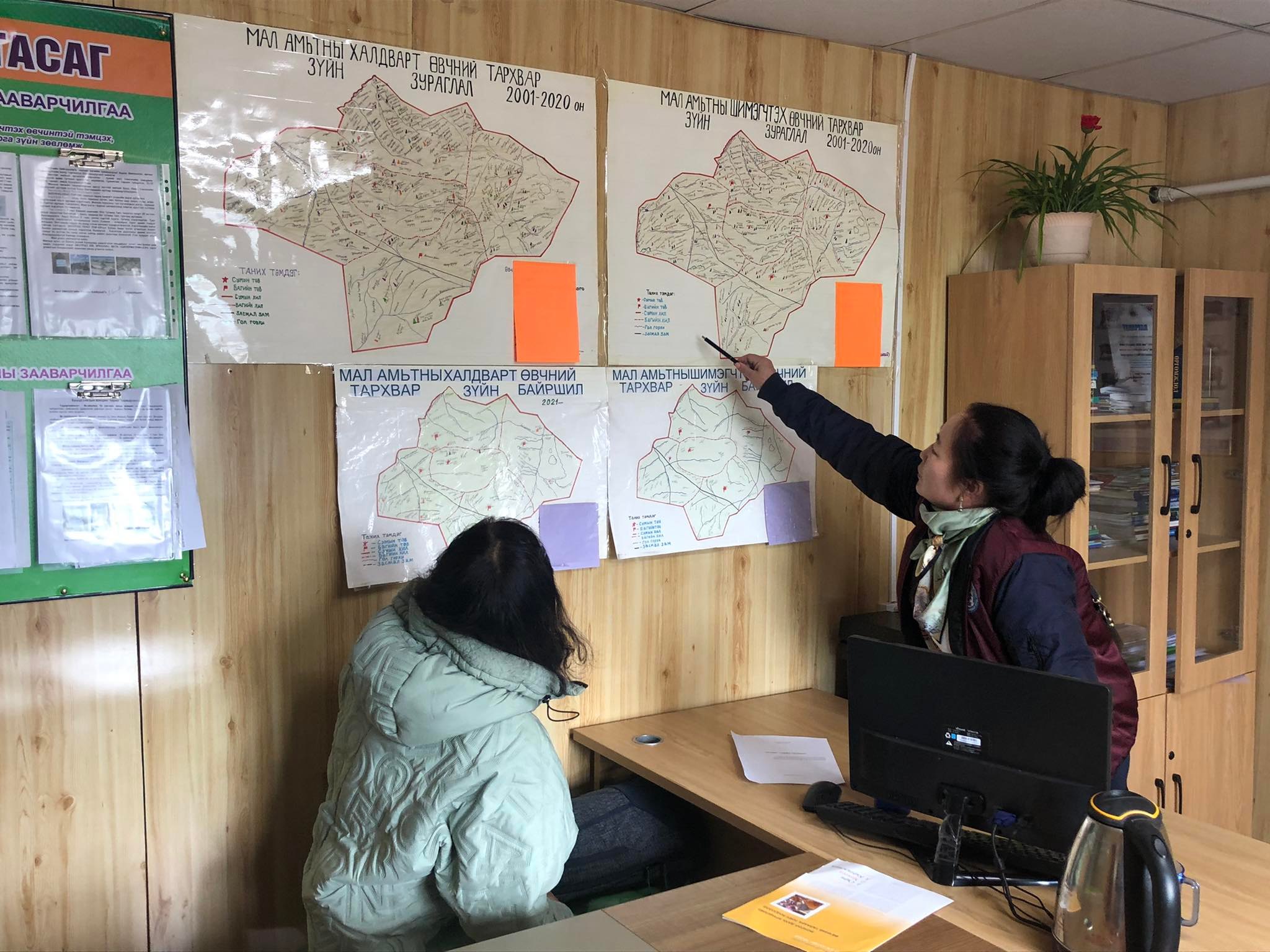The CCASIA Region - Regional Coordinator China
The Coordinating Committee for Asia was established at the 11th Meeting of the Codex Alimentarius Commission held in Rome, Italy, in July 1976. Its first meeting was held in New Delhi (India) in January 1977.
The regional coordinator operates from within the China National Center for Food Safety Risk Assessment.
China’s main priorities as coordinator include enhancing participation in Codex meetings, supporting the prioritization of Codex work in the region, improving harmonization of food safety standards and accelerating the revitalization of the coordinating committee by sharing information and providing regular updates on food safety issues within the region.
China also wishes to promote collaboration with observer organizations and improve efficient and effective communication between regional members FAO, WHO, and the Codex Secretariat.
CCASIA Coordinator
All information on Codex is public and free.
For regional enquiries contact:
CCASIA Secretariat
No.37,Guangqu Road, Chaoyang District, Beijing 100022
Tel:
Tel: +86-10-52165402
Email: [email protected]
Mongolia planning to assess national antimicrobial resistance (AMR) surveillance system
A mission will take place in Mongolia from 20 to 27 June, 2022 to assess the national antimicrobial resistance (AMR) surveillance system in the food and agriculture sectors. This activity is part of the new AMR Codex Texts (ACT) project “Implementation of Codex standards to support containment and reduction of foodborne antimicrobial resistance”, supported by the Government of Korea.
FAO has developed the “FAO Assessment Tool for Laboratories and Antimicrobial resistance Surveillance Systems (FAO-ATLASS)“ in order to support countries in assessing and improving their national AMR surveillance system in the food and agriculture sectors, which will be used as a key tool during this mission.

Meeting with Tsenkher sub-province Head of agri-food section
As part of their preparations, the ACT project manager in Mongolia, Jargalmaa Radnaabazar, met with different stakeholders to introduce the ACT project, its goal and objectives, visited laboratories to conduct the ATLASS pre-questionnaire, interviews, group discussions and select the Arkhangai ATLASS focal point for the training in Ulaanbaatar. Discussions confirmed that the food safety and AMR standards strategy of Mongolia is in line with the purpose of the ACT project and there are many possibilities for collaboration. Stakeholders noted to need to plan awareness-raising activities for agri-food specialists, as well as for herders and farmers; there is also a need to improve laboratory capacities.

Visit to Undur-Ulaan sub-province lab
The ATLASS mission in Mongolia consists of four parts:
- Training the specialists from Ulaanbaatar and three provincial laboratories
- Workshop on ATLASS methodology with relevant stakeholders from the agri-food sector
- Assessment of the regional laboratory in Tuv province
- Workshop to introduce the results, findings and provide recommendations
The new AMR Codex Texts (ACT) project will help with the implementation of Codex standards globally and locally, especially those related to the containment and reduction of foodborne AMR as well as monitoring and surveillance. The project will lead to better management of foodborne AMR in six focus countries in Asia and South America: Bolivia, Cambodia, Colombia, Mongolia, Nepal and Pakistan. By improving access to international markets and protecting consumers against the risks of AMR, the project will contribute to more inclusive, safe and efficient food systems. Results will then be used to plan effective interventions to promote the adoption of Codex standards in other countries.
Learn more
AMR ACT project information web page
Photo credit © FAO/Jargalmaa Radnaabazar







Leave a comment